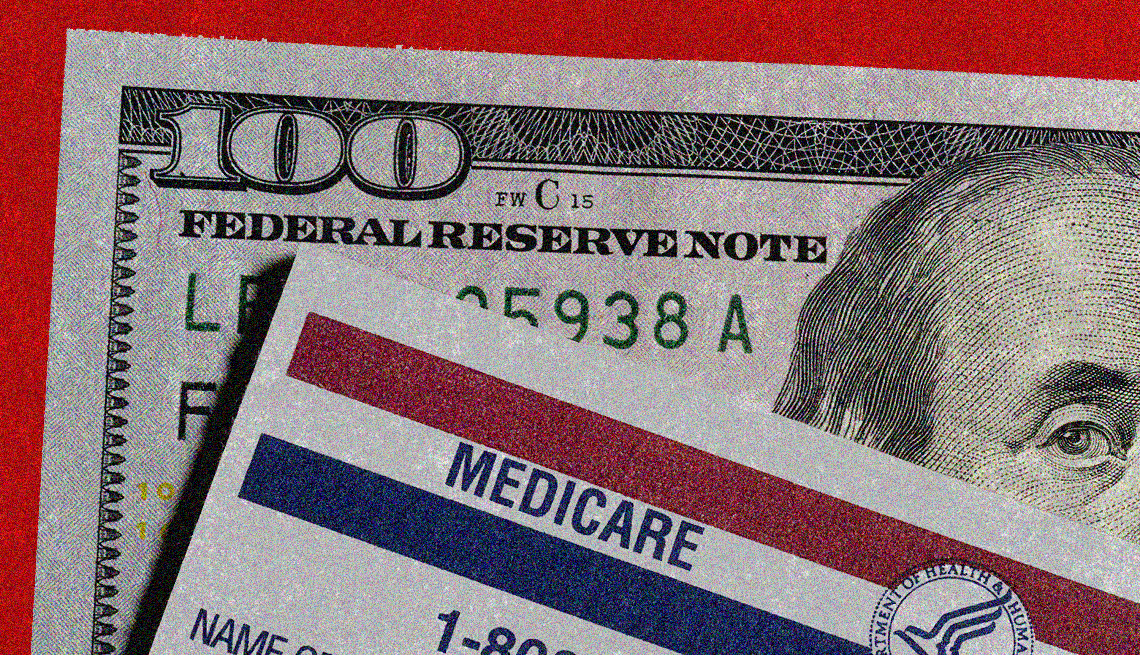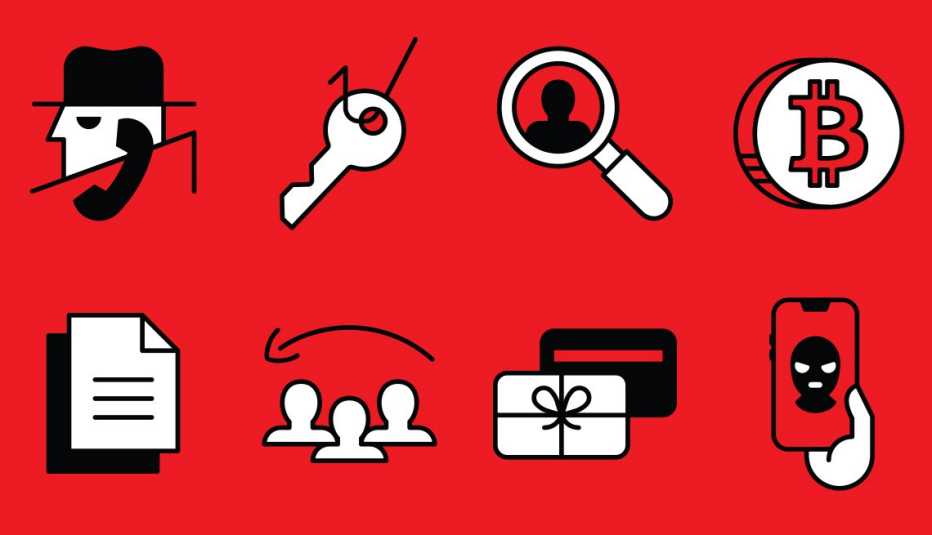AARP Hearing Center
When criminals steal from you, the pain is raw, immediate and personal. But in arguably the costliest fraud in America, crooks use you merely as a tool for getting to a bigger target — your tax dollars that fund the federal government’s health care programs.
In any given year, an estimated 5 to 10 percent of the entire budget for Medicare is lost to fraudulent billing — often seeking reimbursement for services never provided. These schemes succeed by manipulating Medicare members or stealing and misusing their private information.
COVID-19 has made the problem worse. Early in the pandemic, Medicare administrators loosened telehealth restrictions to allow patients to meet with their doctors by telephone or online rather than visit their medical offices. As Medicare patients flocked to telehealth, criminal organizations followed, ultimately bilking the program of billions of dollars in fraudulent claims, according to the U.S. Department of Justice.
A federal prosecution in Florida shows how a syndicate of doctors, lab owners and middlemen was able to steal from Medicare.
In November, Leonel Palatnik, the 42-year-old owner of diagnostic testing laboratories in Florida and Texas, was sentenced to 82 months in prison after pleading guilty to crimes that led to $73 million in fraudulent Medicare billing. Here’s how the Miami-area man and his affiliates pulled it off.
A marketing company based in Fort Lauderdale used social media and sales calls to advertise expensive genetic tests it claimed could determine a patient’s risk for cancer, heart problems and other health conditions, prosecutors say. The advertisements promised free DNA tests for Medicare members.
But Medicare does not pay for genetic tests like these unless they are ordered by a doctor under extremely limited conditions. To get around this barrier, Palatnik illegally bought Medicare member information from the crooked marketing company. He then turned to Michael Stein, a second Florida man charged by federal prosecutors. Palatnik paid Stein $50,000 a month, disguised as an IT contract, for access to a stable of shady doctors and other telehealth providers Stein recruited, according to prosecutors.
How to stay safe
- Never give your Medicare number to anyone who calls on the telephone. Share it only with your health care providers or if you have placed a call to Medicare.
- If someone offers you free genetic testing in person or online, it’s a scam. Medicare does not pay for these tests unless they are ordered by a medical professional.
- If someone calls and promises you COVID-19 tests, medical equipment or medical services in return for your Medicare number, hang up. It’s fraudulent activity.
- Medicare will not reach out to you regarding enrollment. If someone calls and makes a pitch to help you enroll in the program, that’s a scam.










































































